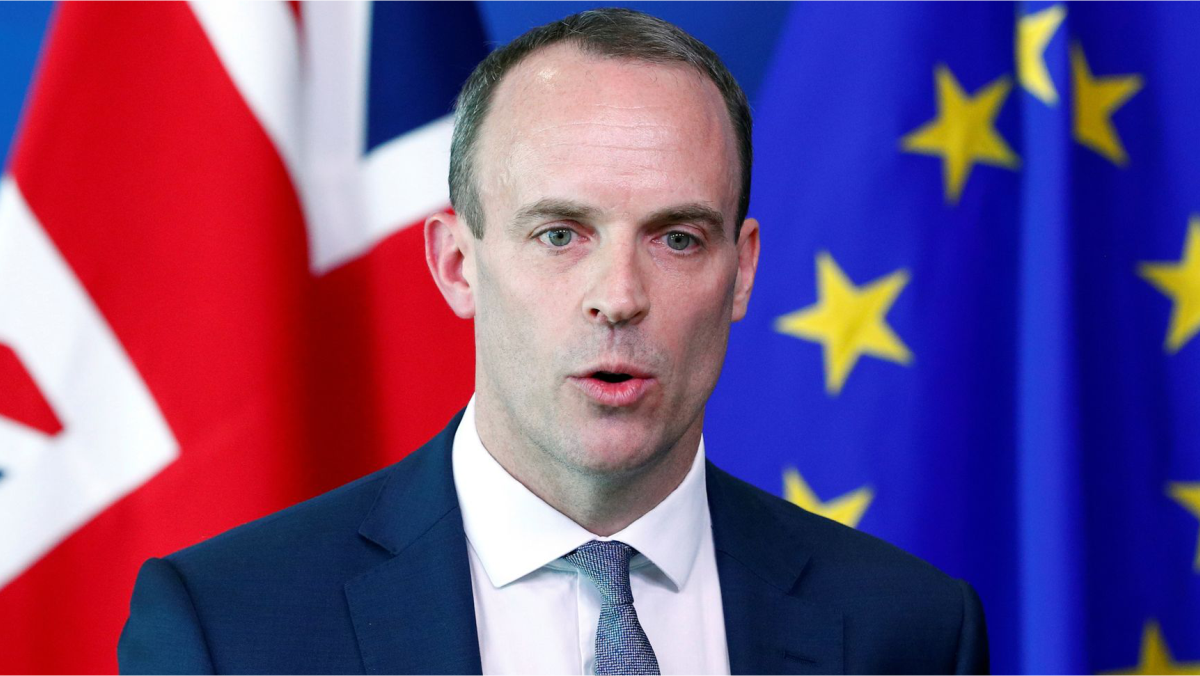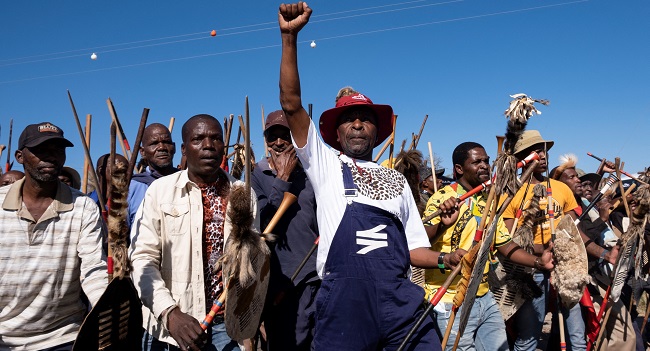CNN
Rebel forces in the war-torn Ethiopian region of Tigray have rejected a ceasefire offer from the central government, raising fears of further violence a day after the fighters retook the regional capital Mekelle.
The recapture of the city by Tigrayan fighters and the retreat of Ethiopian government troops on Monday marked a stunning about-turn in the country’s devastating eight-month civil war.
In the wake of Mekelle’s capture, the Ethiopian government announced a unilateral ceasefire for several months. But on Tuesday, Tigrayan forces categorically ruled out a truce, with a spokesman for the Tigray People’s Liberation Front (TPLF) saying their forces would not rest until the Ethiopian military and its allied forces had left the entire region.
“We are not party to and will not be part of such a joke,” Getachew Reda said in a telephone interview, reacting to the government’s proposal.
“The capital is firmly in the hands of our forces,” he said, adding that clashes with the Ethiopian army were continuing on Tuesday 30 kilometers east of the capital.
The Ethiopian military has been in control of much of Tigray since last November, when it launched a major assault on the region with the support of Eritrean soldiers and local ethnic militias in an effort to remove the TPLF from power. The operation was initiated after Abiy accused the TPLF of attacking a federal military base in Mekelle, and after Tigray’s leaders took the unilateral decision to elect a regional administration.
The armed wing of the TPLF, known as the Tigray Defense Forces (TDF), had steadily been gearing up for the offensive and in recent days kicked off a coordinated push to recapture Mekelle.
The Tigrayan counterattack was a big blow for Ethiopian Prime Minister Abiy Ahmed, who had declared victory in late November last year when Ethiopia’s military took control of the city of a half-million people.
Since then, the clash has deteriorated into a protracted conflict that, by many accounts, bears the hallmarks of genocide. The ongoing war has left thousands dead, forced millions to flee, fueled famine and severely damaged the international reputation of Ethiopia’s Nobel Peace Prize-winning leader.
News of the TDF’s advance into Mekelle on Monday was greeted with mass celebrations in the city, sending thousands pouring into the streets and shooting off fireworks into the night. CNN spoke with residents who welcomed the end of the government’s occupation, cheering as they watched Tigrayan trucks roll through the capital.
But on Tuesday, telephone and internet services were down in Mekelle and CNN was unable to get through to contacts there.
A UN official, speaking on the condition of anonymity due to fear of reprisals from the Ethiopian government, told CNN that communication lines had gone down some time after Tigrayan fighters captured the city. The official said their office in Ethiopia’s capital Addis Ababa has not been able to reach field teams in Mekelle since early Tuesday morning.
The TPLF blamed the government for the blackout, but CNN could not confirm which side was responsible.
Throughout the conflict, Ethiopia’s government has clamped down on information coming in and out of Tigray, enforcing a widespread communications blackout, severely restricting access to journalists and blocking humanitarian aid.
Ethiopia’s government has not responded to CNN’s multiple requests for comment on the sudden withdrawal of Ethiopian National Defense Forces from Mekelle. It issued an immediate and unilateral ceasefire for the region on Monday night after a request from Tigray’s federally-appointed interim government.
Witnesses in Mekelle told CNN Ethiopian soldiers were seen entering banks, media bureaus and the offices of humanitarian agencies before leaving the city on Monday. A UN official told CNN that the offices of the UNICEF and the World Food Program were raided by Ethiopian forces. UNICEF Executive Director Henrieta Fore condemned the action “in the strongest terms.”
International observers, humanitarian workers, doctors and refugees have accused the government and allied forces, including Eritrean soldiers, of carrying out a range of grim atrocities in Tigray, including massacres, sexual violence and ethnic cleansing.
This news originally appeared in CNN.



Connect with us on our socials: